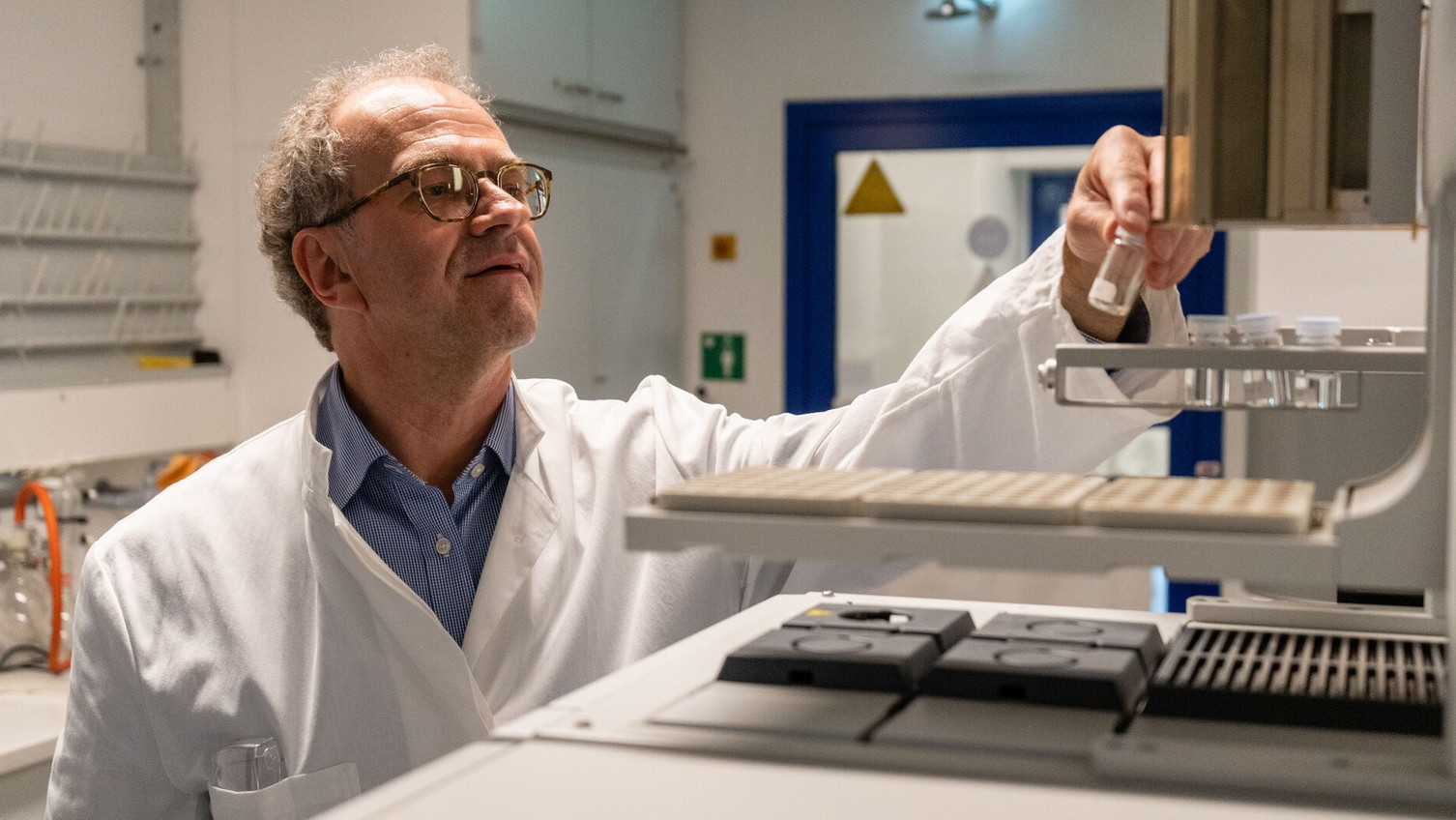EU-Horizon: Green Pharmacy and Security of Supply for Europe
2022-11-21 For the research project "TransPharm", European universities are cooperating with each other to make both active pharmaceutical ingredients themselves and their synthesis greener. The aim of the work at Leuphana is to further improve an already developed and patented environmentally friendly antibiotic, but also to develop other new environmentally friendly active substances.
Supply shortages of medicines can have serious consequences for people's health. The EU strategy "Sustainable supply of active pharmaceutical ingredients for Europe" aims to strengthen Europe as a pharmaceutical location. "Politicians are finally registering that certain active ingredients are becoming scarce," says Prof. Dr. Klaus Kümmerer, Professor of Sustainable Chemistry and Material Resources. In addition, the consumption of pharmaceuticals is increasing worldwide. In response to increasing environmental pollution, the European Commission recently developed the "Strategic Approach to Medicines in the Environment". "TransPharm now combines both strategies," explains Klaus Kümmerer.
As a contribution to green and sustainable pharmacy, more environmentally friendly alternatives to pharmaceutical products and active ingredients are to be identified (Benign by Design). In TransPharm, leading researchers from five European universities and six associated non-academic partner organisations cooperate with each other. "At Leuphana, we are working on new derivatives of ciprofloxacin to further optimise biodegradability," reports Klaus Kümmerer. In 2017, researchers at Leuphana succeeded in designing a more environmentally friendly antibiotic of the ciprofloxacin group of active substances using methods of sustainable chemistry and cheminformatics.
"At Leuphana, we also identify more environmentally friendly and sustainable active substances and propose them for synthesis. The substances are synthesised at the Universities of Helsinki and Ghent as well as smaller companies. Artificial intelligence will help to improve both active substances and synthesis. The goal must be to avoid toxic substances and to reduce the need for raw materials and the amount of waste through automation," says Klaus Kümmerer. Later, the products are tested for toxicity by means of degradation tests at Leuphana.
In addition to the environmental aspects, Klaus Kümmerer emphasises the economic benefits of TransPharm: "With new syntheses and technologies, Europe remains an attractive location for companies and can possibly attract more manufacturing companies."
The European Commission is funding Professor Klaus Kümmerer's project "Transforming into a sustainable European pharmaceutical sector (TransPharm)" with around 782 000 euros as part of Horizon Europe. Ghent University is leading the research project. In total, TransPharm is funded by the EU with more than 7 million euros.

